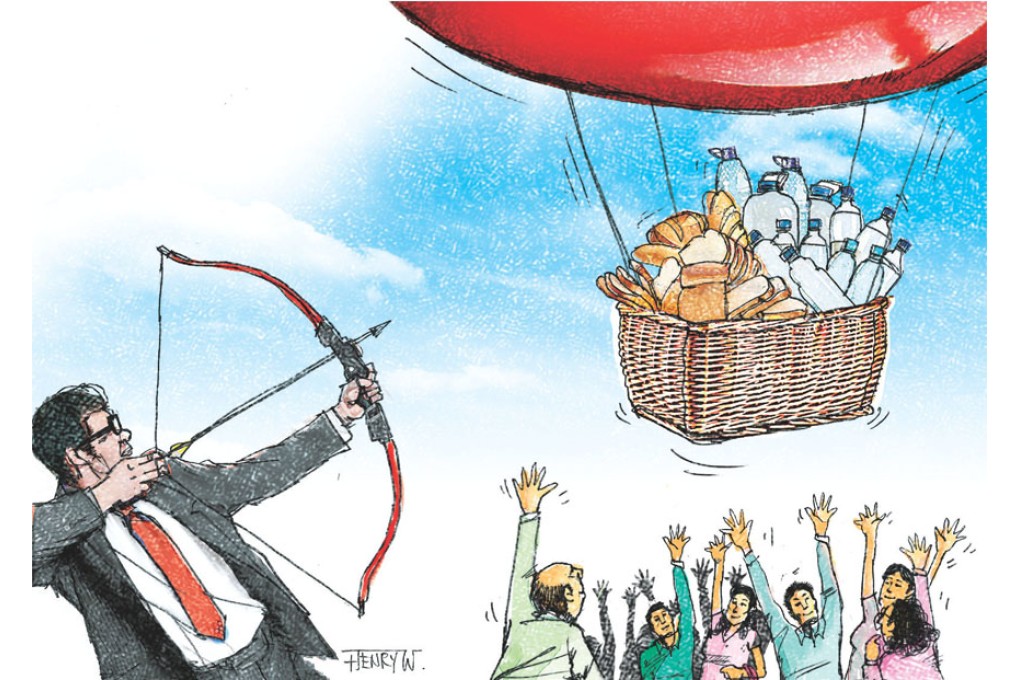China must tackle its bubble trouble
Andy Xie says China's wave of inflation reflects its misguided attempt to invest its way out of a slowdown, thus taxing households when it should be strengthening them to boost consumption

China is experiencing another wave of inflation. From bottled water to bread, prices are surging. The statistics may not fully reflect the situation. Over the past decade, China has transformed from the lowest-priced economy in the world to one of the highest-priced. Nothing symbolises the transformation better than busy customs officials trying to stop travelling Chinese from hauling food items and toilet paper back across the border.
From 1998 to 2003, China experienced deflation following a bout of inflation, driven by overcapacity and a labour surplus. China shifted into inflation in 2004 due to rising commodity prices and the end of the labour surplus.
But the inflation today is different.
Inflation, not growth, is the destabilising force in China. It could trigger a wage-price spiral
First, overcapacity is still a problem; in fact, it became worse after the 2008 crisis as China's attempt to stimulate the economy vastly increased capacity while a weak global economy kept demand weak. This is why the producer price index has experienced a long period of decline.
Furthermore, commodity prices are now declining. But despite these reasons, prices are rising because local governments have developed an elaborate machinery to collect money between production and consumption.
China's inflation is largely a tax on the household sector to fund the government sector. The main purpose is to extend the investment cycle.
In the East Asian export and investment development model, the two go together. When exports slow due to weak demand or competition, investment must slow, too. Otherwise, there would be a big balance of payments deficit, leading to a financial crisis.
This was what South Korea faced in 1997. China's day of reckoning should have been in 2008. The global financial crisis exposed the weakness of credit-fuelled Western demand for Chinese goods. But, instead of slowing investment to match the slower exports, China accelerated investment with its stimulus to maintain the GDP growth rate.